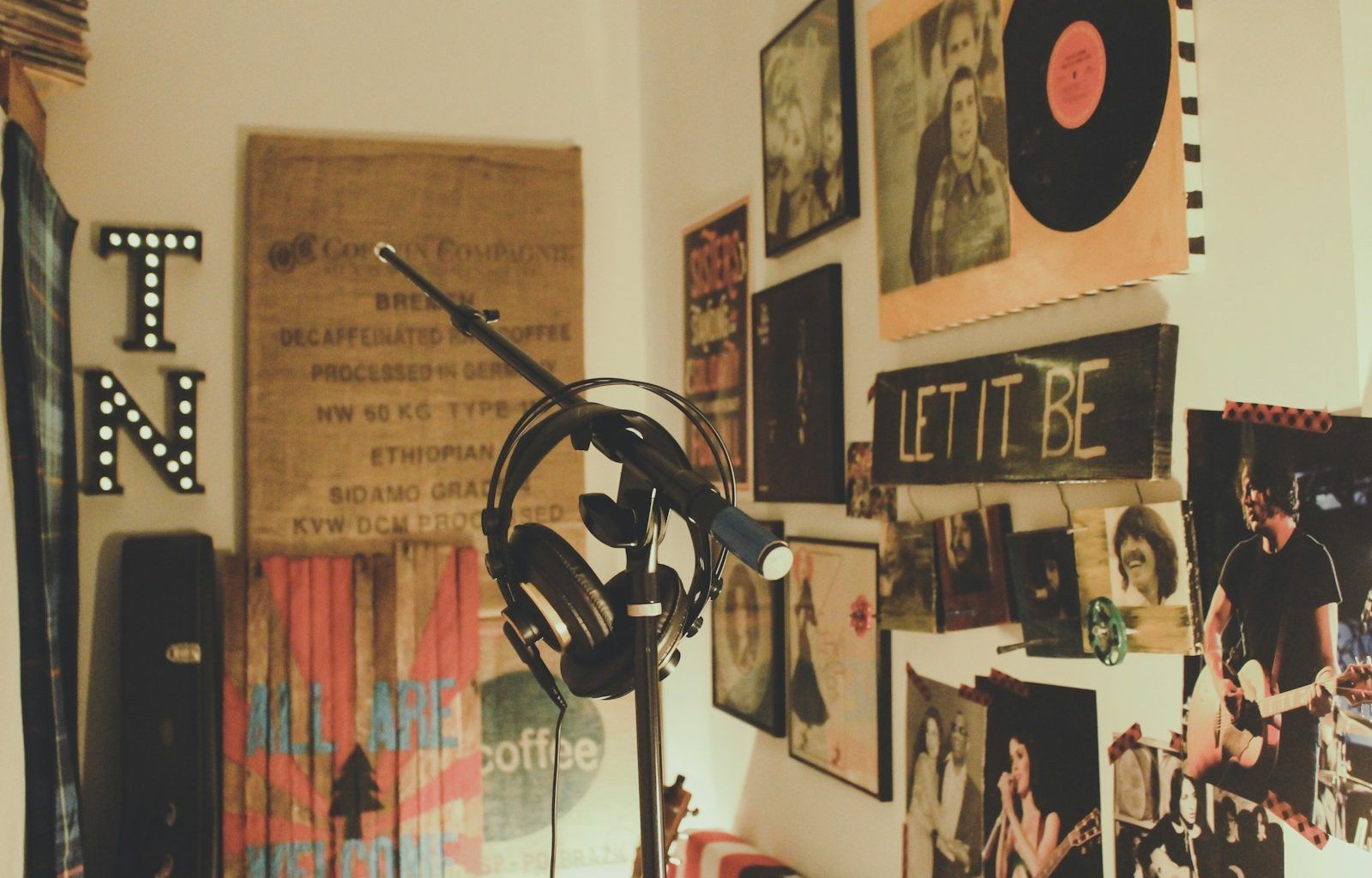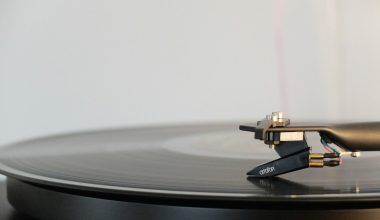The music industry is a vast and dynamic world filled with countless professionals working together to create memorable experiences for fans. One key player in this ecosystem is the music promoter. If you’ve ever wondered, “what do promoters do in the music industry?” – you’re in the right place. Let’s dive into their world and uncover why they’re so crucial.
The Role of a Music Promoter
At its core, a promoter’s job is to organize and publicize live music events. what do promoters do in the music industry This involves everything from booking artists to ensuring the event sells out. Promoters are the bridge between musicians and their audiences. Without them, many concerts and festivals wouldn’t exist.
Booking Artists
One of the first things a music promoter does is secure performers for an event. This could range from local bands for a small venue to international stars for a stadium concert. Promoters negotiate contracts, decide on performance fees, and handle logistics such as travel and accommodation for the artists.
Selecting the Venue
Choosing the right venue is another critical task. Promoters consider factors like capacity, location, and facilities to ensure the event runs smoothly. A successful show depends on finding a venue that fits both the artist’s needs and the audience’s expectations.
Advertising the Event
Once the event details are set, promoters focus on spreading the word. This involves creating posters, running social media campaigns, and working with local radio stations. Effective promotion ensures that people know about the event and are excited to attend.
Selling Tickets
Ticket sales are a major part of a promoter’s responsibilities. Promoters often collaborate with ticketing platforms to make purchasing easy for fans. They also track sales to gauge interest and adjust marketing efforts if needed.
Day-of-Event Coordination
On the event day, promoters oversee operations to make sure everything goes according to plan. From sound checks to crowd control, they’re involved in every detail. Their goal is to create a seamless experience for both the artists and the audience.
Skills Needed to Be a Music Promoter
Promoting music events isn’t just about loving music; it requires a unique skill set. Here are some of the essential skills that make a great music promoter:
Communication Skills
Promoters need excellent communication skills to interact with artists, venues, and fans. They’re constantly negotiating deals, answering questions, and solving problems.
Organization
With so many moving parts, being organized is a must. Promoters juggle multiple tasks, from coordinating schedules to managing budgets.
Marketing Expertise
Understanding how to reach an audience is crucial. Promoters need to know their target demographic and the best platforms to reach them.
Creativity
Coming up with unique ways to attract attendees can set a promoter apart. Whether it’s an innovative social media campaign or a themed event, creativity goes a long way.
Types of Events Promoters Work On
Promoters don’t just work on concerts. Their expertise spans various types of music events:
Club Nights
Promoters organize smaller-scale events at clubs, often featuring DJs or emerging artists. These events are intimate and often require a deep understanding of niche audiences.
Festivals
Music festivals are massive undertakings. Promoters coordinate with multiple artists, vendors, and sponsors to create multi-day experiences that attract thousands of attendees.
Tours
When an artist goes on tour, promoters in each city play a crucial role. They manage local logistics and ensure every stop is a success.
Album Launch Events
To celebrate new releases, promoters often organize launch parties or concerts. These events help generate buzz for the artist’s latest work.
Challenges Music Promoters Face
While the job can be exciting, it’s not without its challenges. Promoters often deal with:
Budget Constraints
Staying within budget while delivering a high-quality event is no small feat. Promoters must carefully allocate funds to cover costs like artist fees, venue rentals, and advertising.
Competition
The music industry is highly competitive. Promoters must work hard to make their events stand out and attract audiences.
Unforeseen Issues
From weather disruptions to technical problems, unexpected issues can arise at any time. Promoters need to think on their feet and resolve problems quickly.
Why Music Promoters Matter
Promoters play a pivotal role in bringing music to the masses. Without them, many artists would struggle to reach their audiences. They’re the unsung heroes who ensure fans have unforgettable experiences.
How to Become a Music Promoter
If you’re interested in becoming a music promoter, here’s how to get started:
Gain Experience
Start by volunteering or interning at music events. This will give you a feel for the industry and help you build connections.
Build a Network
Networking is crucial. Attend industry events, meet other professionals, and establish relationships with artists and venues.
Learn the Business
Understanding the business side of music promotion is essential. Study contracts, marketing strategies, and event planning.
Start Small
Organize local events to gain experience. As you build a reputation, you can take on larger projects.
Conclusion
what do promoters do in the music industry. They work tirelessly behind the scenes to connect artists with fans and create magical moments. So, the next time you’re at a concert, take a moment to appreciate the promoter who made it all happen.
For further reading, explore these related articles:
- Exploring Rihanna Hits: A Musical Journey of Global Success
- BTS’s Biggest Hits of All Time: A Journey Through Their Iconic Songs
For additional resources on music marketing and distribution, visit DMT Records Pvt. Ltd..






